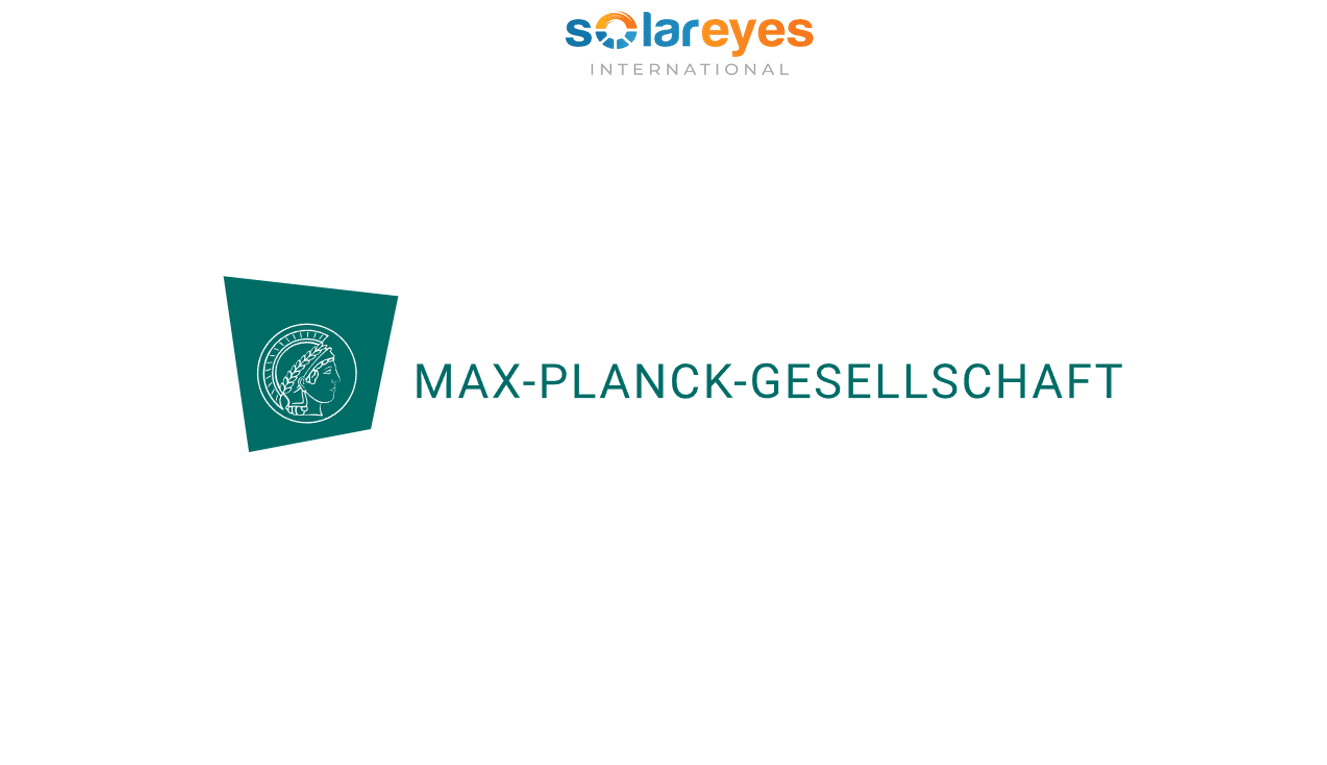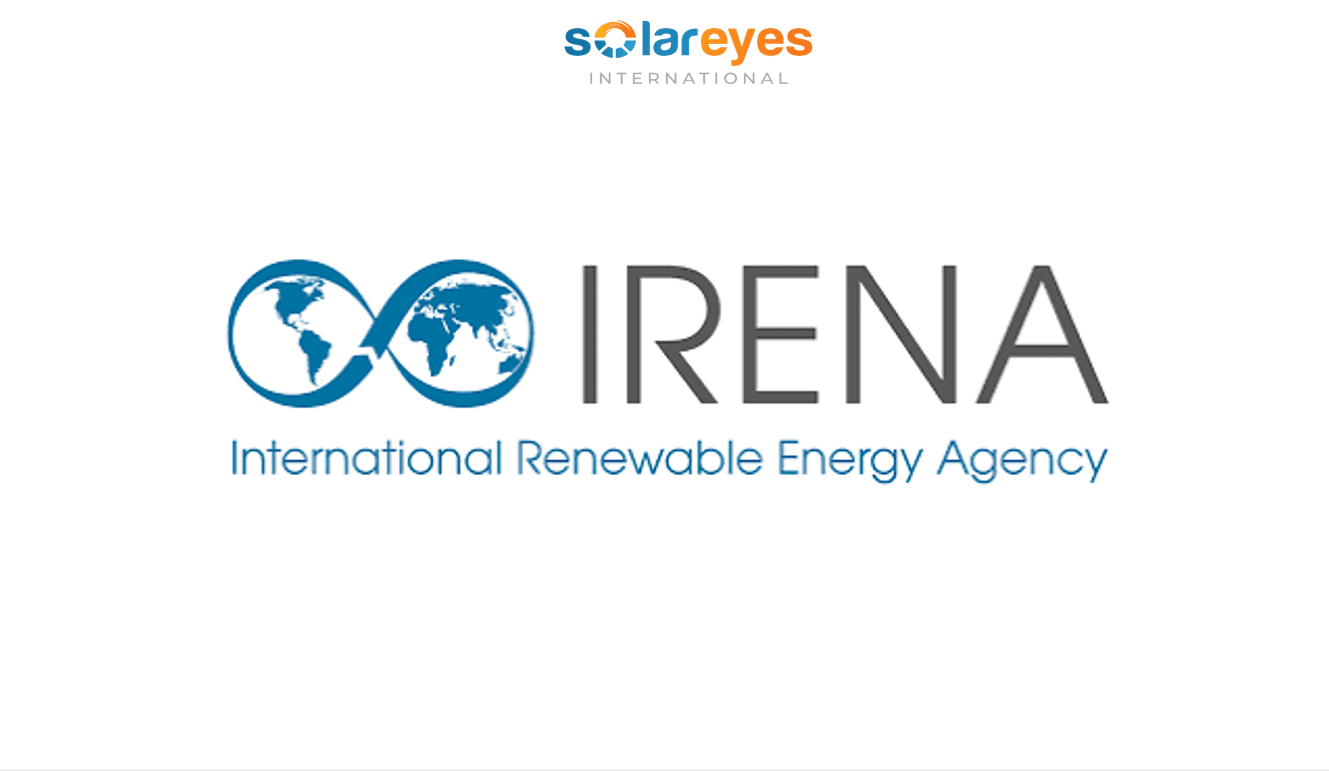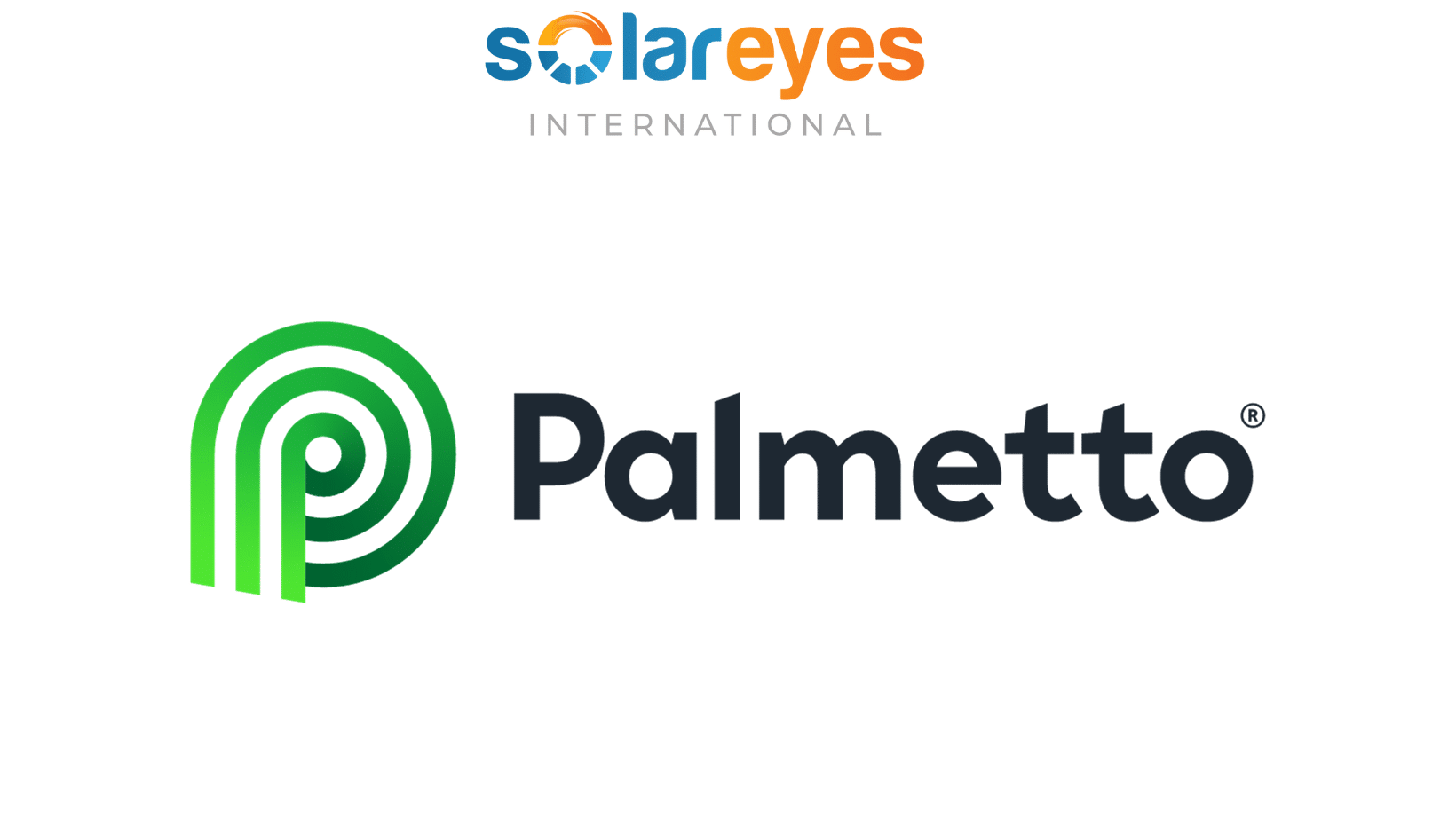More than 20 Global Positions at Max-Planck-Gesellschaft – jobs, internships, postdocs, research positions, funded PhD, master and undergrad

More than 20 Global Positions at Max-Planck-Gesellschaft – jobs, internships, postdocs, research positions, funded PhD, master and undergrad
About Max-Planck-Gesellschaft
The Max Planck Society conducts basic research in the natural sciences, life sciences, and humanities. It was founded in 1948 as a successor organisation to the Kaiser Wilhelm Society and has 30 Nobel laureates in its ranks. With its 85 Max Planck Institutes and facilities, it is the international flagship for German science: in addition to institutions outside of Germany, it operates another 20 Max Planck Centers with research institutions such as Princeton University in the USA, the Paris University Science Po in France, the University College London in UK, and the University of Tokyo in Japan.
Equally funded by federal and state governments, the University College London in UK, and the University of Tokyo in Japan. Equally funded by federal and state governments, the Max Planck Society had an annual budget of 1.98 billion Euros in 2022.
The Max Planck Society is Germany’s most successful research organization. With 30 Nobel Laureates among the ranks of its scientists, it is on equal footing with the best and most prestigious research institutions worldwide. The more than 15,000 publications each year in internationally renowned scientific journals are proof of the outstanding research work conducted at Max Planck Institutes – and many of those articles are among the most-cited publications in the relevant field.
What is the basis of this success? The scientific attractiveness of the Max Planck Society is based on its understanding of research: Max Planck Institutes are built up solely around the world’s leading researchers. They themselves define their research subjects and are given the best working conditions, as well as free reign in selecting their staff.
This is the core of the Harnack principle, which dates back to Adolph von Harnack, the first president of the Kaiser Wilhelm Society, which was established in 1911. This principle has been successfully applied for nearly one hundred years. The Max Planck Society continues the tradition of its predecessor institution with this structural principle of the person-centered research organization.
Top 10 Most Paying Renewable Energy Jobs for 2023: Get yourself a winning profile
The currently 85 Max Planck Institutes and facilities conduct basic research in the service of the general public in the natural sciences, life sciences, social sciences, and the humanities. Max Planck Institutes focus on research fields that are particularly innovative, or that are especially demanding in terms of funding or time requirements.
And their research spectrum is continually evolving: new institutes are established to find answers to seminal, forward-looking scientific questions, while others are closed when, for example, their research field has been widely established at universities. This continuous renewal preserves the scope the Max Planck Society needs to react quickly to pioneering scientific developments.
Fostering Creative Potential
As a result of demographic change, Europe will soon have a shortage of young talent: as early as 2030 there will be an estimated 50,000 fewer university graduates than in 2005. Particularly the natural and engineering sciences are already experiencing a shortage of junior researchers, making it all the more important to encourage young people’s interest in studies in these areas early on. Instructors play an important role in this process.
HOW TO SIZE A SOLAR SYSTEM – 5 clear steps anyone can follow
That is why the Max Planck Society supports them with informative periodicals, which present topical research issues in such a way that they can easily be used in natural sciences courses for senior-level academic-track students.
More than 20 Global Positions at Max-Planck-Gesellschaft – jobs, internships, postdocs, research positions, funded PhD, master and undergrad
Postdoctoral Researcher in Experimental Physics (m/f/d)AUGUST 15, 2023Max Planck Institute for Plasma Physics, Garching
Biological Safety Officer / General Genetic Engineering Manager (m/f/d)AUGUST 11, 2023Max Planck Institute for Brain Research, Frankfurt am Main
Doctoral Research Fellow (m/f/d) | Migration, Identity and Blackness in EuropeAUGUST 11, 2023Max Planck Institute for the Study of Religious and Ethnic Diversity, Göttingen
Postdoc position (m/f/d) | Epigenetic mechanisms of plant reproductionAUGUST 11, 2023Max Planck Institute of Molecular Plant Physiology, Potsdam-Golm
HOW TO START A SOLAR COMPANY – do these 6 things and make money through solar
PhD position (m/f/d) | Fluid Physics, Pattern Formation and BiocomplexityAUGUST 10, 2023Max Planck Institute for Dynamics and Self-Organization, Göttingen
Student research assistant (f/m/d) | Imaging and animal careAUGUST 10, 2023Max Planck Institute for Multidisciplinary Sciences, Göttingen
Technical assistant (m/f/d)AUGUST 10, 2023Max Planck Institute of Biochemistry, Martinsried
Postdoctoral researcher (m/f/d) | Modelling linguistic and cultural evolutionAUGUST 10, 2023Max Planck Institute for Evolutionary Anthropology, Leipzig
PhD student (m/f/d) | Molecular Pattern Mining and LearningAUGUST 08, 2023Max Planck Institute of Biochemistry, Martinsried
Postdoctoral Researcher (m/f/d) | Heterogeneous Liquid-Phase Oxidation CatalysisAUGUST 08, 2023Max Planck Institute for Chemical Energy Conversion, Mülheim an der Ruhr
Ph.D. Position (m/f/d) | AI, Human Behavior and Policy | Center for Humans and MachinesAUGUST 07, 2023Max Planck Institute for Human Development, Berlin
Biological technical assistant (BTA) (m/f/d)AUGUST 03, 2023Max Planck Institute of Molecular Physiology, Dortmund
PhD student (f/m/d) | Cryo-ET studies of membrane traffickingAUGUST 03, 2023Max Planck Institute for Multidisciplinary Sciences, Göttingen
Student Assistant (m/f/d) | Data analysis and managementAUGUST 02, 2023Max Planck Institute for the History of Science, Berlin
System Administrator (f/m/d)AUGUST 02, 2023Max Planck Institute of Geoanthropology, Jena
PhD Position in Caribbean Palaeoecology (f/m/d) | Human-Fire-Vegetation InteractionsAUGUST 02, 2023Max Planck Institute of Geoanthropology, Jena
Full Stack Developer (m/f/d)AUGUST 01, 2023Max Planck Institute for Solar System Research, Göttingen
Max Planck Research Group Leader (f/m/d)AUGUST 01, 2023Max Planck Institute for Medical Research, Heidelberg
Postdoctoral Physicist (m/f/d) | Ultrafast field-resolved infrared spectroscopy for bio-sensingJULY 28, 2023Max Planck Institute of Quantum Optics, Garching
Scientist (m/f/d) or engineer (m/f/d) | Electron MicroscopyJULY 27, 2023Max Planck Institute of Biochemistry, Martinsried
Working in services and administration
They operate in the background and, if it wasn’t for them, nothing would ever get done. Over 7,800 non-scientific employees ensure that everyday research activities at the Max Planck Institutes run smoothly.
What makes us special
Three good reasons why you might find working at a Max Planck Institute interesting
AND MANY MORE…………………………………………………………………………………………………………………..
FOLLOW US ON SOCIAL MEDIA
Follow us on LINKEDIN, FACEBOOK, TELEGRAM GROUP and WHATSAPP.
*** ALSO CHECK: 12 CHALLENGES FACED BY SOLAR COMPANIES IN DEVELOPING COUNTRIES
HOW TO SIZE A SOLAR SYSTEM – 5 clear steps anyone can follow
HOW TO START A SOLAR COMPANY – do these 6 things and make money through solar
Some Examples of where People have Fallen Victim to Fake Solar Products
Top 10 Most Paying Renewable Energy Jobs for 2023: Get yourself a winning profile
The Effect of Fake Solar Components on the Global Uptake of Solar Energy as a Source of Electricity






